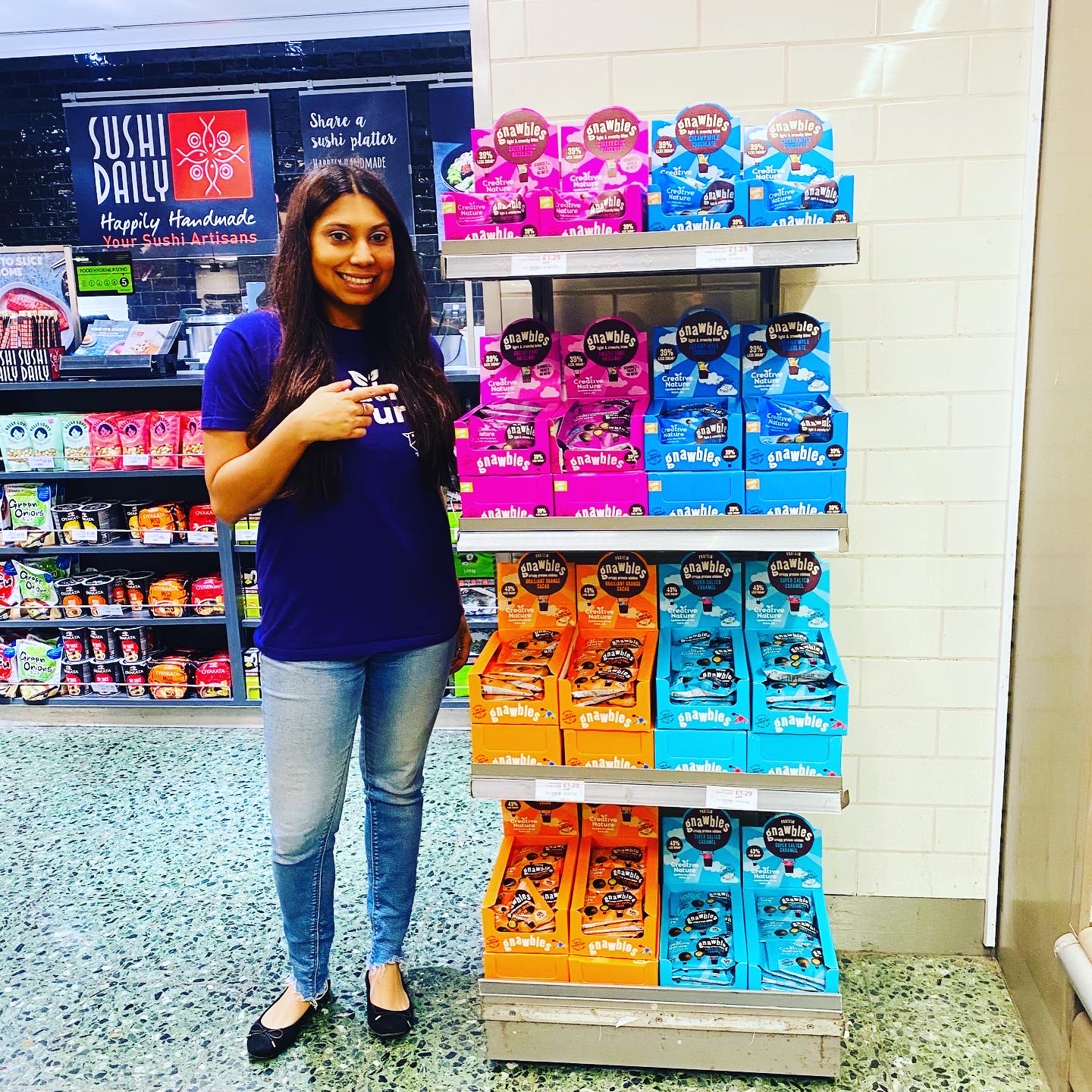Our Government needs to step up and support all businesses and not allow female-led micro businesses to fail during the Corona Virus crisis.
On the face of it, it looks like the UK Government has wrapped its arms around the small business sector in the UK to say ‘it’s okay, we’ve got your back’ as we all face Covid19 – a global pandemic.
After all there’s the furloughing thing, there’s the small business grant, there are the business continuity loans. What more could they do to save this important sector which is not awash with large cash reserves?
The truth is somewhat different. The smallest businesses, which make up the vast majority of SMEs in the UK, have actually been left out in the cold. Within weeks these businesses could be failing left, right and centre. Many already have.
Furloughing (putting your staff out to grass on 80 per cent of their salaries and claiming it back later) is difficult to sort out, it’s an all or nothing scenario – when many small businesses want to trade and offer reduced hours to their staff, with many staff agreeing to that to keep the business going. It’s easy to forget that in very small teams, the whole team actually has a huge emotional connection to the business. Something which can get lost in the corporate world. Why is this so strict? This needs to be more flexible? I’m sure this has been done differently in other countries.
Government support is missing a very crucial sector of the economy involving thousands of people. These are the microbusiness owners with smaller turnovers, often described (usually by men) in that twee, dismissive way as ‘lifestyle’ businesses.
Their turnover will probably be lower than £150K a year, they will probably have small profits and they will often be run by someone with a huge passion for what they do. These business owners are often women.
These might be freelance journalists, website designers, social media managers, accountants, book keepers, small mechanics, business coaches, small heating and plumbing companies or even a small building company.
Why more women? Women often make the choice to become self-employed to give them flexibility around caring responsibilities – often this is because they have children. A significant minority will have done this due to issues with their mental health ie. being diagnosed as bi-polar, clinical depression, ME or similar issues where they have a diagnosis and there are no cures, only management.
These business owners will often work with a paid accountant and will be set up as company directors receiving a basic salary and topping up with dividends. Some may have a small team of staff, or will work with a small team of freelancers who are also set up in the same way.
Currently these people, and I include my own father in this (he runs a small mechanics business) are not covered by the scheme as set out. They get nothing at all and are already living on fresh air. To get Universal Credit, they would have to liquidate their business and then any staff they do employ will lose their jobs anyway.
Those who have gone self-employed in the last year and have no accounts get absolutely nothing. They’ve already taken a risk, may have invested redundancy money into that and now they have been stopped in their tracks with no support. This is terrible for anyone who is the main or sole earner in their household.
The Small Business Grant system is also breathtakingly inadequate. Hardly any micro business owners will qualify even if they rent office space. Those who sub-let offices within bigger offices don’t qualify – even if they can prove that they’ve paid rent and are not in arrears. They also don’t qualify if they lease a serviced office. Most micro business owners are not landlords, yet they do pay rent and many will not be offered a ‘rent holiday’ or a ‘deferment’.
What about loans? The interruption loan is not realistic as it doesn’t give businesses enough time to pay the loan back interest free and the banks are not playing their part in supporting businesses. I’ve heard stories from my business contacts of their lenders not offering anywhere near the amount needed and also offering the loans based on very high interest rates once the interest free period is over.
Dealing with Covid19 is difficult enough for all of us. The small business sector is trying to do its part – however the UK Government needs to play fair and support ALL businesses through this difficult time. Indeed the government’s reputation of being ‘a party of business’ rests entirely upon it.

*Julianne Ponan is the CEO of Creative Nature Superfoods, a free-from snack brand which offers products which are healthy, delicious and free from the top 14 food allergens. The company is based in the UK but exports products worldwide (though during Covid19 that’s not possible). Julianne herself suffers from anaphylaxis and is allergic to many foods including all nuts, chickpeas, sesame seeds and much more. This constant need to consider what she eats led her to create the brand and all products are manufactured in the UK. For more information visit www.creativenaturesuperfoods.co.uk


